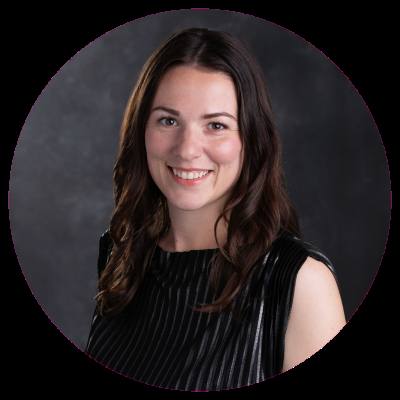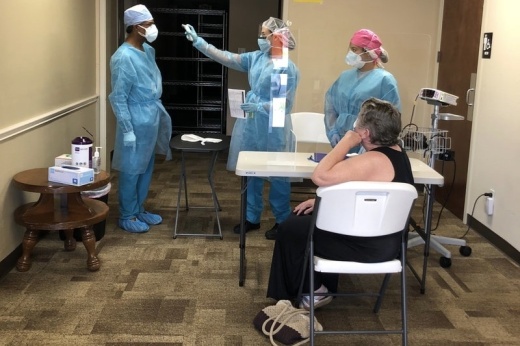The clinic is relocating in July to expand its capabilities and services. It will share a location with food bank Christian Helping Hands at 4305 Magnolia Parkway, Pearland.
To keep the care low-cost, all medical personnel at SEVA Clinic are volunteers.
Barrett spoke to Community Impact about what the clinic offers to patients in Pearland and what its new facility will bring.
This interview has been edited for length and clarity.
What does SEVA Clinic provide to the Pearland community?
We provide primary care services. Basically, if you were to call to book an appointment with your doctor to either do ... maintenance of a chronic illness, where you have maybe one to three chronic illnesses ... that is typically our [care] level.
We have the ability to do EKGs, so we can look for arrhythmias. We have the ability to do lab work [at] a very decreased cost. We can do more extensive work here but only a couple of patients at a time.
We’re a very different clinic in the fact that we really put the responsibility on the patients, and our whole goal is to get people off of medication to adopt healthier lifestyles with education, and [take] responsibility and ownership of their health.
What services will SEVA Clinic offer in the future that it doesn’t currently offer?
We will be adding a lot more when we have the new clinic open. We’ll have a medical device and safety device rental program. ... We will have health coaches and nurses [who] will provide education and mentoring, and counseling for healthier lifestyles. ... We’re also going to be pairing up with dietitians and nutritionists to create an entire bundle of culture-based nutrition plans.
Why is SEVA Clinic relocating?
We have never had enough room. We currently work out of two storage rooms that we converted into clinic rooms. We have to set up all of the chairs and ... equipment, and move it out into the little lobby area. Then at the end of the day, we have to then take everything back up and shove it into our little rooms. When all of that equipment is moved out, we are able to [use] the desk and the exam table [for the appointments].
So that's why we're going to the new place. ... It’s to have a bigger space, and the ability to standardize and make our processes more efficient.
How does SEVA attract and train its all-volunteer staff?
We have too many volunteer staff. We are turning away left, right and center right now. When we first started 2017, ... I quickly found out that nurses make a lot of money. And they often agree to things and then realize that they need their time off. We had quite a few of them not show up. So I reached out to the local high schools [in Pearland], and went and spoke to the students there. That’s kind of how it all began.
Fast forward to now, we have an entire health care leadership program called SEVA Leaders where we have three different pathways between clinical care technicians. We’re about to onboard for that right now. So they get trained to do vital signs, urinalysis, EKG and blood glucose.





